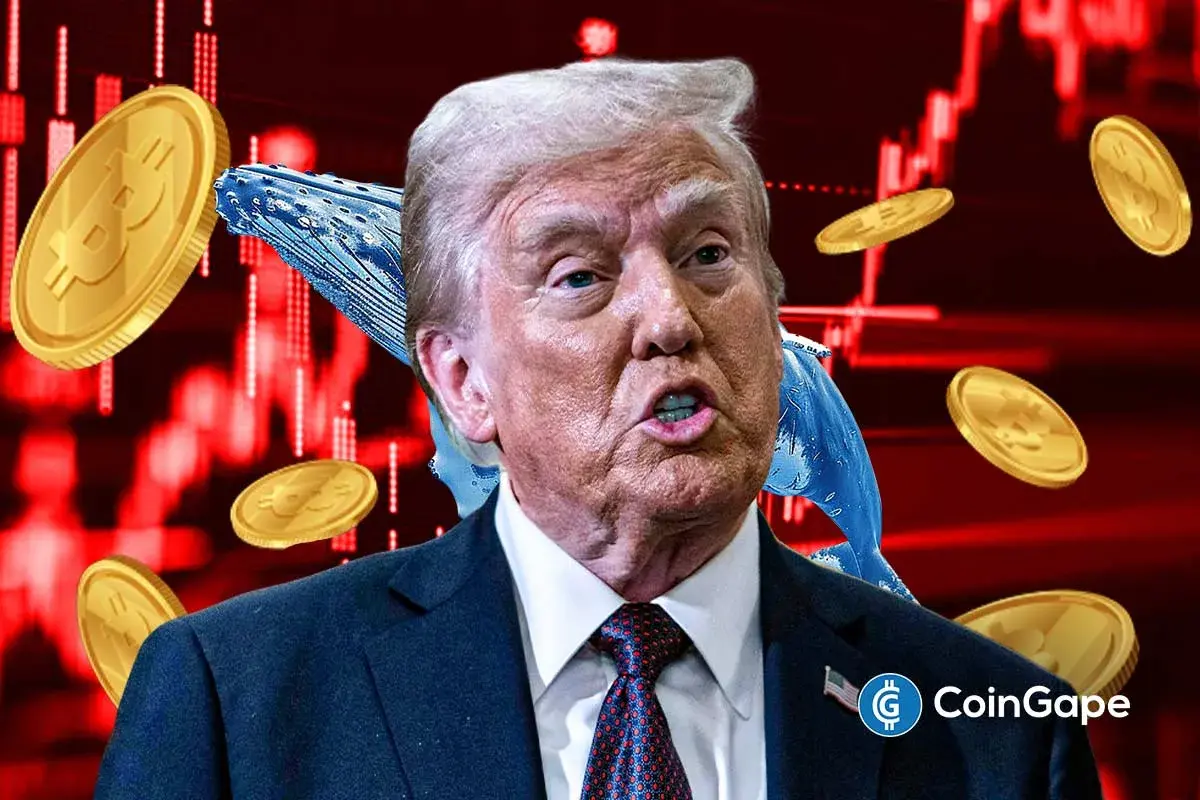Breaking: House Committee Approves Bill to Restrict FED’s U.S. CBDC Plans

The House Financial Services Committee has greenlit a bill to halt any advances toward creating a U.S. Central Bank Digital Currency (CBDC). The controversial move ignited debates on Capitol Hill, particularly over concerns about stifling innovation and U.S. competitiveness in the global financial landscape.
Hitting the Brakes on CBDC
Headed by Rep. Patrick McHenry (R-N.C.), the committee pushed the bill to ensure that Congress explicitly approves any CBDC development. Moreover, the legislation seeks to protect citizen privacy by outlawing any Federal Reserve initiatives that could be used for surveillance. In addition, U.S. Congressman Tom Emmer, who introduced the bill stated;
“This is an issue of privacy, individual sovereignty, and free market competitiveness,”
In contrast, Rep. Maxine Waters (D-Calif.), the panel’s top Democrat, criticized the move. She accused the Republicans of taking an anti-innovation stance that could ultimately leave the U.S. lagging behind other nations, especially China, in the race to set global standards for CBDCs.
“The legislation would keep the United States behind other countries and stifle research,” Waters emphasized.
Consequently, she warned of potential losses in speed, cost-effectiveness, and simplicity in future payment systems for U.S. citizens.
Besides raising concerns about innovation, the proposed legislation also highlighted its timing. The House’s move came even as the government faces a looming shutdown amid ongoing debates about other critical financial reforms. However, the Republicans insisted on taking proactive steps to restrict the development of a digital dollar.
Senate Showdown on the Horizon?
Significantly, this move may face hurdles in the Senate, where Democrats hold a majority. The Senate Banking Committee, led by Sen. Sherrod Brown (D-Ohio), doesn’t share the same enthusiasm as House Republicans concerning digital assets.
While the Federal Reserve still needs to create a CBDC, it has been engaged in foundational research. Vice Chairman for Supervision Michael Barr has clarified that any movement in this direction would require a directive from the White House and legislative approval from Congress.
Hence, the bill’s future remains uncertain since even if it clears the House floor, the Democrat-led Senate is less likely to offer a warm welcome. Additionally, the bill comes when most countries are either researching or have already started laying the groundwork for their CBDCs, further intensifying the global conversation around digital currencies.
With such divergent views on Capitol Hill, the debate over whether to develop a U.S. CBDC is still ongoing. As the bill moves forward for further consideration, its implications for U.S. financial innovation and global competitiveness remain to be seen.
- Saylor’s Strategy Hints at Bigger Bitcoin Buy Amid $5B Unrealized Losses
- Crypto Market Today: Pi, Pepe, DOGE, and XRP Post Double-Digit Gains
- Trump-Backed American Bitcoin Reserves Surpass 6,000 BTC, Now Worth $425.82M
- Expert Predicts Bitcoin Dip to $49K as ‘Trump Insider’ Whale Dumps 5,000 BTC
- Bitcoin Price Rebounds $70K, Here are the Top Reasons Why?
- Crypto Price Prediction For This Week: Dogecoin, Solana and Cardano
- Bitcoin Price Prediction: How Could Brazil’s Strategic Bitcoin Reserve Proposal Impact BTC?
- 3 Top Reasons Pi Network Price Surging Today (14 Feb)
- XRP Price Prediction Ahead of Potential U.S. Government Shutdown Today
- Bitcoin Price Outlook As Gold And Silver Lose $3.6 Trillion in Market Value
- XRP and Ethereum Price Prediction as Trump Seeks to Lower Key Tariffs

















